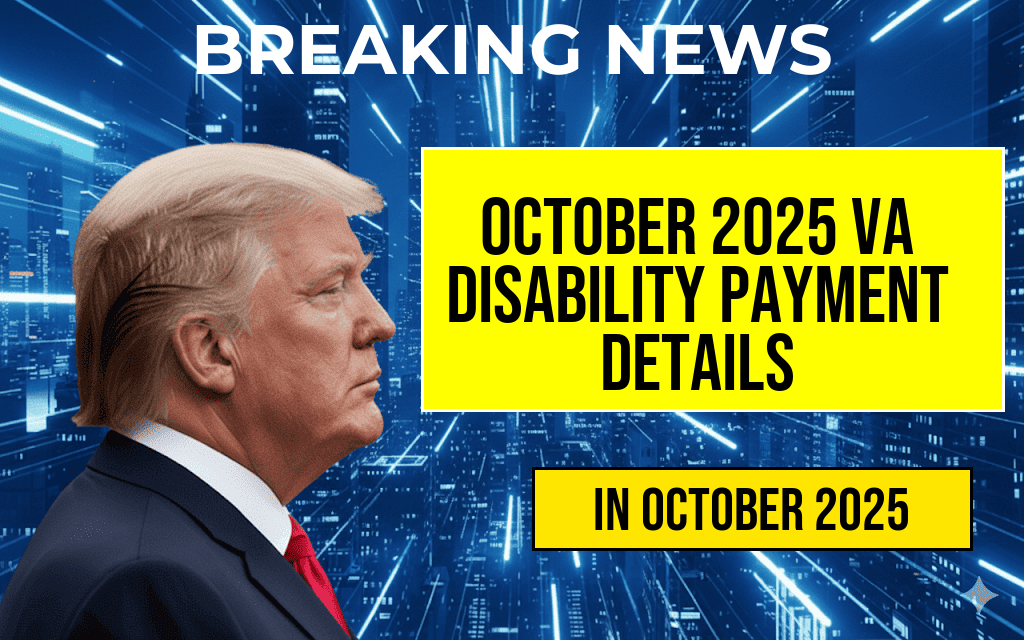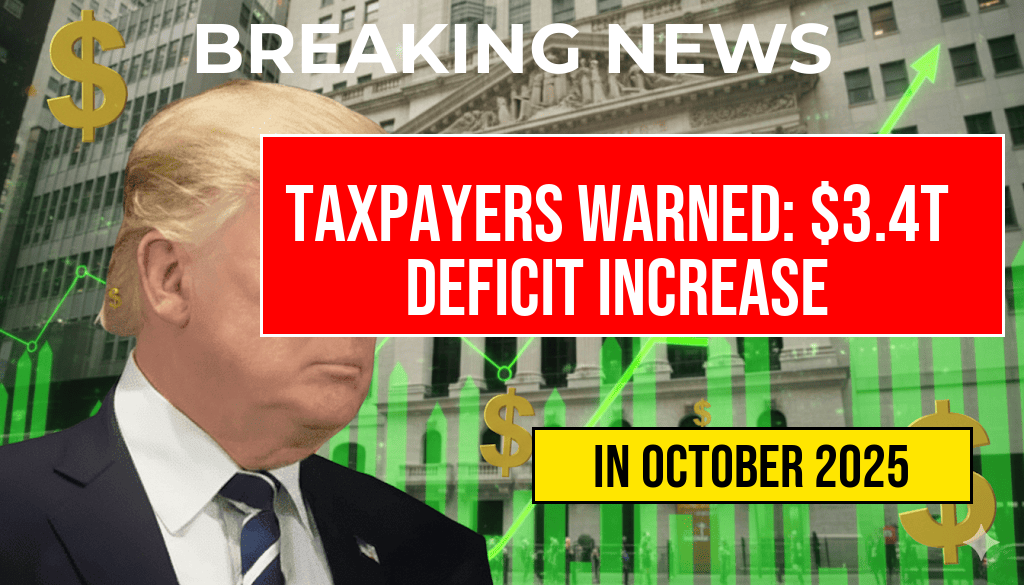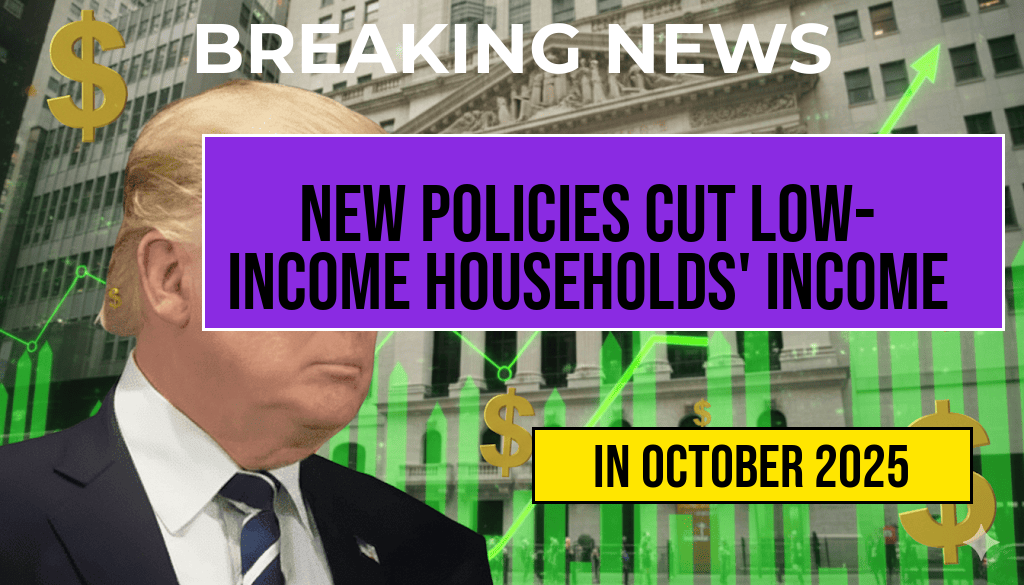Taxpayers across the United States are bracing for significant financial implications as a new proposal, dubbed “One Big Beautiful Bill,” is set to potentially escalate the federal deficit by an astounding $3.4 trillion. This legislation aims to fund various social programs and infrastructure projects, but its fiscal ramifications have raised eyebrows among economists and policymakers alike. As discussions unfold in Congress, experts are warning that the bill could exacerbate the nation’s already burdensome debt, prompting a renewed debate about fiscal responsibility and the sustainability of government spending.
Key Provisions of the Bill
The proposed legislation includes a range of initiatives designed to bolster economic recovery and support vulnerable populations. Among its major components are:
- Universal Childcare: The bill allocates substantial funding for universal childcare, aiming to ease the financial burden on families and promote workforce participation.
- Infrastructure Investments: Significant investments are earmarked for upgrading transportation, energy, and broadband infrastructure across the country.
- Healthcare Expansion: The legislation proposes enhanced funding for Medicare and Medicaid, seeking to expand access to healthcare services.
- Climate Change Initiatives: A sizable portion of the bill is dedicated to combating climate change through renewable energy projects and sustainability programs.
Economic Implications
While supporters of the bill argue that these investments will stimulate economic growth and create jobs, critics are concerned about the long-term fiscal health of the nation. According to a recent analysis by the Committee for a Responsible Federal Budget, the proposed spending could lead to a significant increase in the national debt, which currently stands at over $31 trillion.
Budgetary Concerns
Opponents assert that the bill’s funding mechanisms may not adequately offset the additional spending. Some proposals include raising taxes on high-income earners and corporations, as well as reallocating funds from existing programs. However, many economists remain skeptical about whether these measures would effectively counterbalance the projected deficit increase.
Political Landscape
The political climate surrounding the bill is complex. The Biden administration is advocating for swift passage, emphasizing the need for immediate action to address pressing social issues. However, opposition from Republican lawmakers is intensifying, with calls for more stringent budgetary controls and a thorough examination of the bill’s financial implications.
Public Reaction
Public opinion on the “One Big Beautiful Bill” is divided. A recent survey conducted by Pew Research Center found that while a majority of Americans support increased funding for social programs, concerns about the growing national debt resonate with many voters. As the proposal moves through Congress, constituents are increasingly vocal about their apprehensions regarding fiscal responsibility and accountability.
Looking Ahead
As lawmakers debate the merits and drawbacks of the bill, the future of U.S. fiscal policy hangs in the balance. Proponents argue that the investments are essential for long-term economic stability, while skeptics warn of the risks associated with unchecked spending. With the potential to reshape the nation’s financial landscape significantly, the outcome of this legislative effort will likely have lasting effects on taxpayers and future generations.
Conclusion
The “One Big Beautiful Bill” is poised to redefine the fiscal priorities of the United States. As discussions progress, it is crucial for taxpayers to remain informed about the potential impacts on their finances and the broader economy. The coming weeks will be instrumental in determining whether this ambitious proposal will receive the necessary support to move forward.
Frequently Asked Questions
What is the ‘One Big Beautiful Bill’?
The ‘One Big Beautiful Bill’ refers to a proposed piece of legislation that aims to implement significant spending initiatives, which are projected to increase the deficit by $3.4 trillion.
How will this bill affect taxpayers?
This bill is expected to impact taxpayers by increasing the overall deficit, potentially leading to higher taxes or reduced public services in the future to offset the increased spending.
What are the main components of the bill?
The main components of the bill include various spending initiatives aimed at stimulating the economy, but critics argue these measures could exacerbate the deficit.
Why is the increase in deficit a concern?
An increase in deficit can lead to financial instability, higher national debt, and potential long-term economic consequences, such as increased borrowing costs for the government and taxpayers.
What should taxpayers do in response to this bill?
Taxpayers are encouraged to stay informed about the bill’s progress and consider voicing their opinions to lawmakers, as well as preparing for potential future changes in taxation due to the projected deficit increase.










